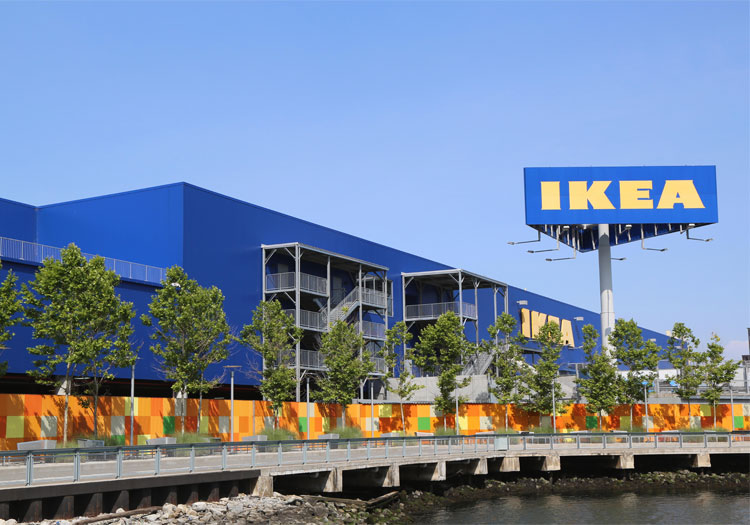Unilever, Patagonia, Natura &Co, IKEA Top 2021 Sustainability Leaders

(Environment+Energy Leader) – In its 25th edition, the 2021 GlobeScan/SustainAbility Leaders Survey highlights the significance and urgency of sustainable development issues, and ranks the corporate sustainability leaders.
The 2021 survey was completed between April 29 and June 16 by almost 700 sustainability experts from over 70 countries. The survey asks which organizations are perceived as the leading companies, NGOs and governments in sustainability terms, as well as which sustainability issues are seen as most important. For the first time, the survey was offered to respondents in Chinese, French, Portuguese, and Spanish, in addition to English.
The top sustainability issues, in rank order based on 80% of respondents or higher citing the issue as urgent or very urgent, include:
- Climate Change
- Biodiversity Loss
- Water Scarcity
- Poverty
- Water Pollution
- Access to Medicines/Healthcare
- Access to Quality Education
- Economic Inequality
- Food Scarcity
- Plastic Waste
- Waste
The study also finds that financial institutions, the private sector, city/local governments, institutional investors, and national governments continue to perform poorly in terms of their contribution to progress on sustainable development.
Among corporate sustainability leaders, Unilever, Patagonia, Natura &Co and IKEA top the charts by a significant margin. Although, the gap between Unilever and others continues to narrow. The key reasons companies are identified as sustainability leaders include, in rank order:
- Core business model/strategy
- Ambitious targets/SDG commitment
- Sustainability values/purpose
- Sustainable products/services
- Communication/advocacy
- Supply chain management
- Leadership/setting standards
- Circularity/zero waste
- Innovation/science-based/knowledge
- Long-term commitment/experience
- Executive leadership
When asked how the COVID-19 pandemic crisis would affect sustainable development priorities over the next ten years, a minority (24%) felt that sustainability would be a lower priority, compared to 49% in the 2020 survey year.












